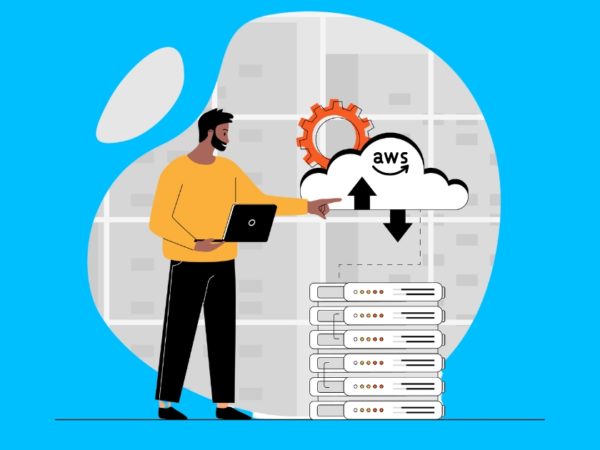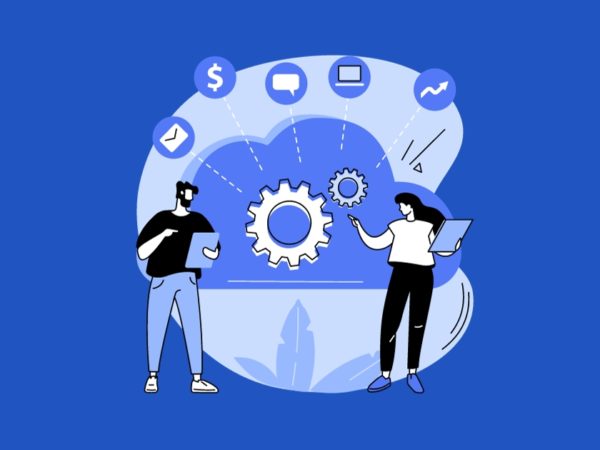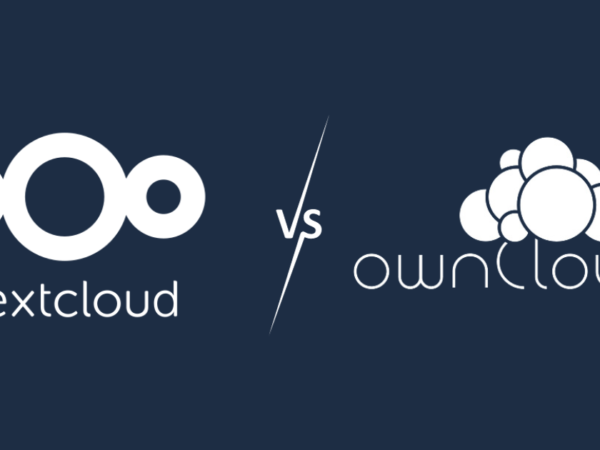In this article, I will talk about the new Ops trends which are getting adopted by many organizations.
DevOps
DevOps has been a game-changer domain in the last few years. Every organization, small or big, are implementing DevOps culture today. It helps in automating everything and making things easier by deploying the software quicker and in an efficient way.
It is a mixture of cultural philosophies, practices, tools which helps the organizations to deliver services and applications at high velocity. It improves and evolves the product at a faster pace rather than using traditional approaches for software development and infrastructure management.
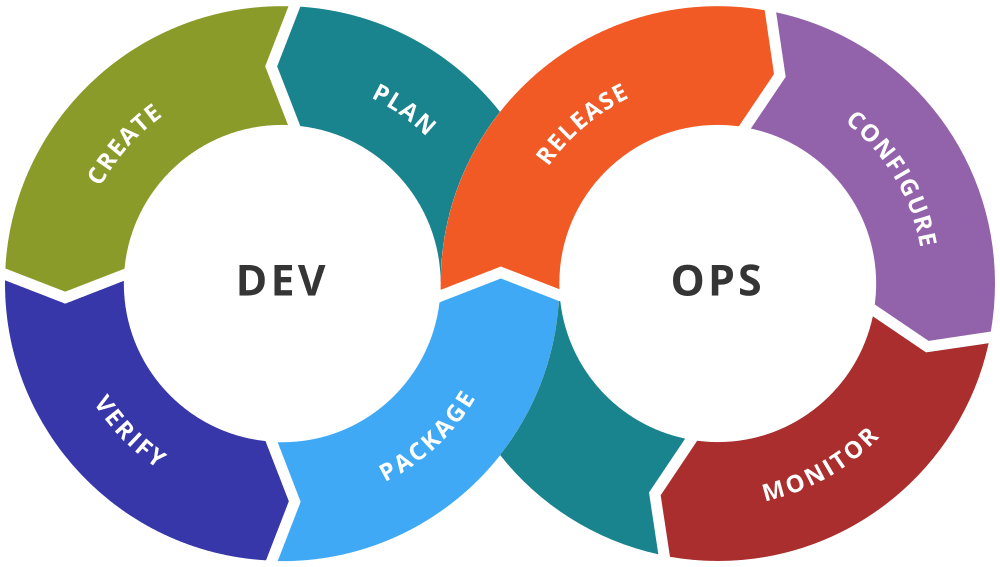
But there is always room for further innovations, and things are moving beyond DevOps now. With security and artificial intelligence technologies being adopted a lot by the IT industry these days, new Ops cultures have emerged. They are a hot topic of discussion in the market.
Check out these resources to learn DevOps.
Let me tell you about a few new and trending Ops cultures.
SysOps
SysOps stands for System Operations. It includes expertise in deploying, scaling, migrating, and managing systems. You can also consider it as a specialization in the deployment, management, and operations of cloud infrastructure.
SysOps and DevOps are slightly different. Unlike DevOps, SysOps follows ITIL (Information Technology Infrastructure Library) approach. The primary focus here is to form a strict guideline to deliver the IT services which align with the business objectives.
Below are a few SysOps expert responsibilities:
- Manage the software lifecycle on cloud
- Administer the multi-tier systems architecture
- Configure the infrastructure on the cloud
- Patch management and software up-gradation
- Manage disaster recovery
- Maintain data integrity
- Monitor degree of performance
DataOps
The demand for data products and access to data assets is growing exponentially. Modern data management platforms and data platform teams are not able to keep up with the demand for DevOps enabled products.
DataOps is the practice of analysts, data scientists, developers, and operations participating together in the entire service lifecycle from design to development to production support. The purpose of DataOps in the enterprise is really to increase analytic velocity and create analytic outcomes for data consumers.

Just like in DevOps, a key principle in DataOps is automation, but in the past, data has not been used much for extreme automation. So, embracing DataOps will help you compete on analytics, which will be a competitive motivator for upcoming years.
DataOps professional responsibilities:
- Provides access to multiple data sources
- Facilitates testing and monitoring of data management processes
- Generate data model and data versioning
- Governs data quality, security, privacy, retention
- Manages and deploys data infrastructure
- Set up standards, processes, and methodologies for data analytics product
SecOps
Just like DevOps established a way of working between developers and IT operations, SecOps is a new paradigm that facilitates better collaboration between IT Security and IT operations.
It enables teams to prioritize critical vulnerabilities by deploying secure work processes and security solutions. Rather than reacting to the latest attacks, it helps organizations to take a proactive approach to security issues by managing the known vulnerabilities properly.

Below are the SecOps expert responsibilities:
- Monitor activity throughout the enterprise IT infrastructure
- Implement the incident response plan
- Perform root cause analysis of a security breach
- Develop solutions to detect and respond to threats proactively
- Auditing infrastructure configurations regularly.
DevSecOps
DevSecOps brings an aspect of Security in every process cycle of development. The purpose and intent of DevSecOps are to build on the mindset that “Everyone is responsible for Security.”
In today’s application development landscape, cyber attacks have become frequent and sophisticated. Security architects are looking at news to ways the check if their products are safe and working properly for customers. DevSecOps solves this problem by placing security earlier in the life cycle of the application development to reduce vulnerabilities and bring security closer to IT and business objectives.
It involves six components – code analysis, change management, compliance monitoring, threat investigation, vulnerability assessment, and security training.
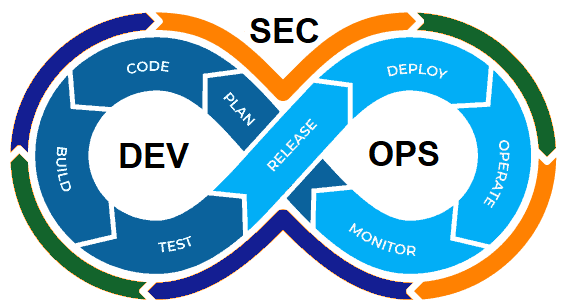
DevSecOps responsibilities:
- Perform code analysis with automated vulnerability scans and penetration tests
- Develop threat models to understand the attacks
- Create automated tests to check security configurations
- Fix security issues and loopholes in the lifecycle
- Ensure compliance with industry-standard regulations related to data protection and security
ITOps
ITOps also referred to as Information Technology Operations, is responsible for delivering and maintaining applications, services, tools, and technologies required to run an IT enable company.
ITOps majorly includes network infrastructure, computer operations and help desk, and server and device management. It is one of the four defined functions in the ITIL best practices framework.
Responsibilities of an ITOps professional:
- Own and control the process of IT operation
- Manage and maintain IT infrastructure and hardware
- Install and manage networks functions and applications
- Create a disaster recovery plan for the organization
- Measure and monitor the IT infrastructure performance
- Perform data backups
- Configure and tune servers for better performance
- Manage software licensing
NoOps
NoOps or No operations means automating everything, from maintaining the development of software to running it. According to NoOps, with such a level of automation, there shouldn’t be a need for a dedicated in-house software management team (Ops team).
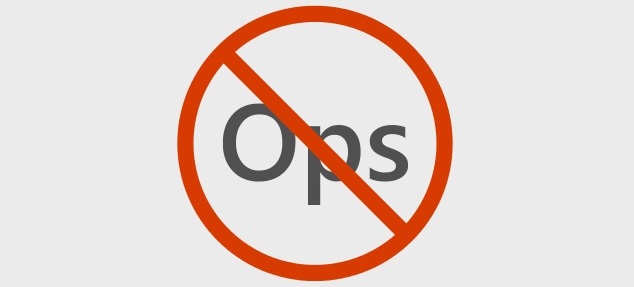
The two key components of NoOps are IT automation and Cloud computing. In this cloud computing era, most of the Ops work is handled by third-party service providers rather than in-house.
So why are companies focusing on NoOps?
Majorly because of two reasons.
The first reason is the companies want to focus more on development. For giant companies like Netflix, Facebook, Instagram, what is most important to them? It’s their code, that is what they are developing, and finally, it is the code that makes money. So, if they can outsource their infrastructure, they can then spend more time developing their code, putting more resources on focusing on how to improve their code.
The second reason is it makes more sense is now because of the way cloud computing works. With huge companies like AWS, it is a lot cheaper for these giant companies to do it in scale. It means by outsourcing it; companies can save a lot of money than if they try to do it on their own.
But honestly, the NoOps concept is still considered theoretical because, realistically, you still require humans to operate your application.
AIOps
AIOps stands for Artificial Intelligence in IT Operations. It refers to the use of data science and AI to analyze big data from various IT and business operations tools. The goals of AIOps are to increase the speed of delivery of the various services, to improve the efficiency of IT services, and to provide a superior user experience.
AIOps enables us to move away from siloed operations. It provides intelligent insights that can be communicated to the stakeholders. Also, it can help drive automation and collaboration within an organization.
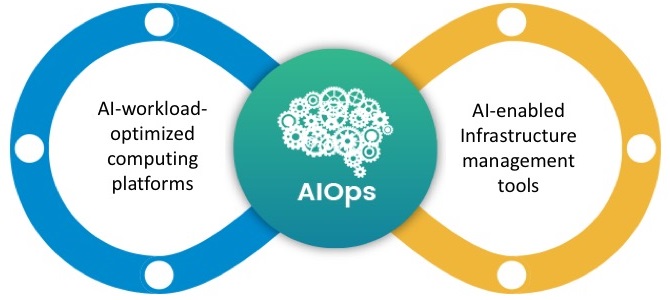
There are many use cases for AIOps like faster root-cause analysis, predictive analytics, noise reduction, proactive remediation, intelligent automation, etc.
If you are a big organization with big IT infrastructure on cloud servers, AIOps can really be useful. You can use AIOps to reduce your company’s cloud costs and improve cloud security compliance through AI automation.
AIOps expert responsibilities are:
- Collection and aggregation of Big Data
- Create automatic system responses using machine learning
- Create scalable production deployment models
- Build AI models to predict future problems
- Identify root cause and propose solutions.
Conclusion
So, all these trends which I just discussed are related to IT operations and hence the Ops part in their names. Few of them will surely be crucial and as popular as DevOps in the next couple of years. Now you can decide which Ops is more relevant for your business and can help in benefiting your organization in the near future.

